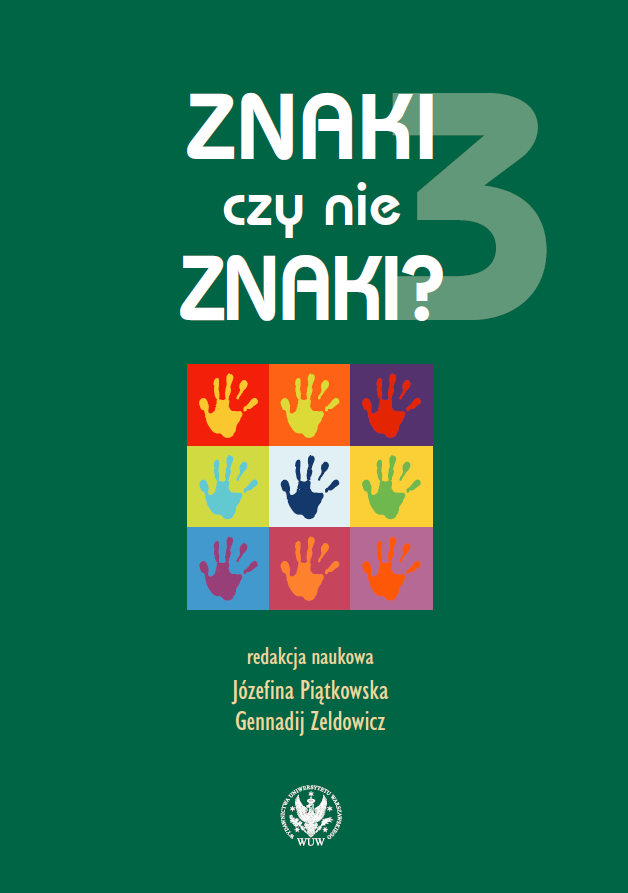Relevance theory and poetry: An inferential analysis of Philip Larkin’s “Mr Bleaney”
Relevance theory and poetry: An inferential analysis of Philip Larkin’s “Mr Bleaney”
Author(s): Héctor Luis Grada Martinez
Subject(s): Semiotics / Semiology, Theoretical Linguistics, Applied Linguistics, Studies of Literature, Polish Literature, Other Language Literature, Philology
Published by: Wydawnictwa Uniwersytetu Warszawskiego
Keywords: theory of relevance; inference; interpretation; poetry; Philip Larkin
Summary/Abstract: Recently, relevance theory has been increasingly used in literary studies. However, little research has examined the role of inferences in the interpretation of a poem. This article illustrates how pragmatics and, more precisely, relevance theory, may provide a scientific, cognitive ground to understand how poetic interpretation is constructed through the reader’s inferences. To do so, I analyse “Mr Bleaney”, by British poet Philip Larkin (1922-1985), as a case study for applying relevance theory concepts to literary interpretation. Specifically, I analyse inferences that may be drawn from the poem’s linguistically encoded word meanings, and how such inferences are influenced by the poem’s sonorous qualities, like rhythm and meter. The resulting reading emphasises the poet’s identification with a stranger, Mr Bleaney, who by the end of the poem emerges as an alter ego upon whom the poet projects his own existential fears. Because relevance theory is not prescriptive, it may also be useful in explaining dissenting readings, as shown by briefly comparing the resulting “pessimistic” interpretation of the poem with an “optimistic” one offered by Wayne Booth (2014). Thus, I suggest that inferential analysis may improve dialogue among critics dealing with the same literary work. Overall, I argue that inferential analysis based on relevance theory may help explain interpretations in poetry and thus become a firm first step towards a better understanding of other aspects of aesthetic and poetic effects.
Book: Znaki czy nie znaki? Tom 3. Struktura i semantyka utworów lirycznych
- Page Range: 153-167
- Page Count: 15
- Publication Year: 2020
- Language: English, Russian, Polish
- Content File-PDF

